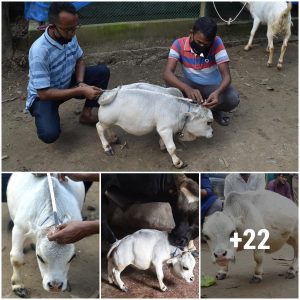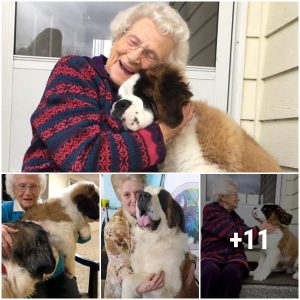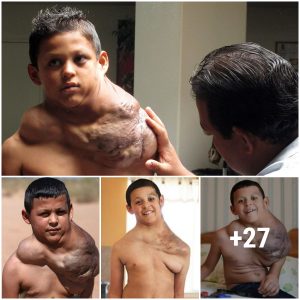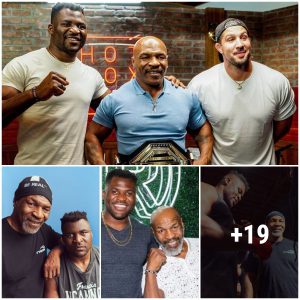Approximately two months into her pregnancy, a shift in emotions emerged. She was overwhelmed by the physical distress of her pregnancy and decided to seek medical advice. Initially, everything seemed fine until the doctors conveyed an inevitable truth that she still grapples with today. When I became pregnant with Ichiranesa, it took a toll on my well-being.
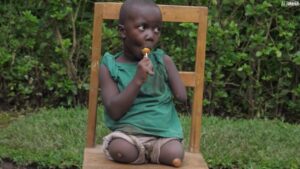
When she was merely two months old, I visited the hospital. Despite receiving medication, my condition didn’t improve; instead, it continued to deteriorate. Eventually, I was transferred to a specialized medical facility where they diagnosed that Ichiranesa would be born with a severe condition—lacking lower body organs. This news deeply saddened both my husband and me, but we had to accept the reality and adapt.
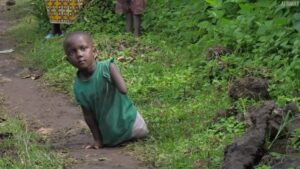
Around seven months into her pregnancy, doctors requested Emirates to return. She was directed to a specialist who explained that during childbirth, a cesarean procedure would be necessary due to the condition of the baby. Despite their return home, our struggles persisted. Raising a child with such complexities has been an ongoing challenge.
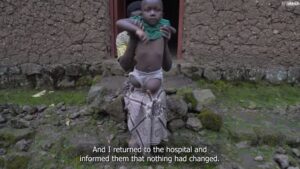
Both of us, the parents, lack formal education, severely limiting our job prospects. We primarily work as farmers and occasionally take up manual labor, but the income from these jobs is extremely limited. This leaves us in a precarious position, unable to earn enough to adequately support our child.
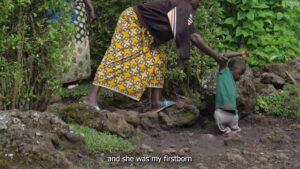
Moreover, neither of us can actively seek employment anymore, as one of us must stay back to care for Ichiranesa, exacerbating our vulnerabilities. When I returned home from the hospital, raising my child was an arduous task. Our financial situation was dire, and my husband’s limited earnings weren’t sufficient to cover the escalating expenses. The financial responsibilities that accompany raising a child abruptly confronted us, necessitating frequent hospital visits for Ichiranesa’s condition.
Ichiranesa was born with a special health condition, missing a part of her body. She lacks crucial lower body parts, having no legs and incomplete arms.
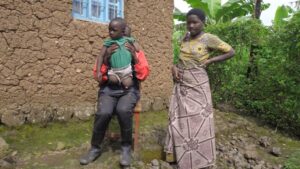
With this deficiency, moving around and performing daily activities has become a significant challenge for Ichiranesa. Each step, each action requires special care and constant support from family members and those around her.
The absence of limbs not only affects the child’s mobility but also creates difficulties in being independent in daily activities. This forces her to rely on the assistance of others to accomplish simple tasks that may seem easy for an average person.
Although Ichiranesa has begun to adapt and learn to do things in her own way, the lack of limbs still creates significant barriers in her daily life. It affects not only mobility but also participation in social activities and education.
With the desire to provide the best possible conditions for Ichiranesa, the family hopes for additional support to provide her with a wheelchair. This will help her move more easily, open up opportunities to participate in social life and education in a more independent manner.
A wheelchair will not only be a means of transportation but also an essential tool for Ichiranesa to participate in learning and social activities more freely, helping her develop skills and abilities significantly.
While incredibly costly, we had no alternative but to exhaust every possible avenue to improve her condition. We had always envisioned a bright future for Mata on the coast. Despite attempts to provide her with advanced education, our financial constraints have prevented us from doing so. Our efforts to enroll her in a local elementary school where she could receive education and nourishment were abruptly halted due to financial constraints.
We yearn to offer our child opportunities for education, believing it will pave the way for a better life in the future. Regrettably, our financial limitations deprive her of this chance, impacting her future prospects negatively.
Initially, we believed she would need to depend entirely on others, but we’ve been pleasantly surprised as she gradually adapts and starts doing things independently. Yet, she not only needs advanced education but also ongoing health care.
One of her arms presents fused fingers, and although Emirates desired separation initially, doctors cautioned against it due to potential health repercussions. Despite her health condition, Ichiranesa is a joyful child, relishing interactions within the community and cherishing every moment.
We aspire to acquire a wheelchair for her mobility, given her absence of legs. As she grows rapidly, enrolling her in school becomes imperative. Her mobility will be severely restricted without a wheelchair, hindering my ability to carry her in the near future.
A wheelchair would significantly aid her movement, facilitating her desire to explore her surroundings, ultimately enhancing her overall quality of life. External assistance would be immensely appreciated in this journey.
